[color-box color=”gray”]
The Mad Hatter said to Alice while she was exploring Wonderland;
How you get there is where you’ll arrive.
It seems most of us fall into two categories—we either want full assurance and a sizable measure of security before setting out onto life’s proverbial highways or we say “watch this” and spontaneously jump without so much as a glance in either direction. We ask everyone or no one to weigh-in on our next house move, our next wardrobe change, and our next career rung. So when it comes to something as monumental as moving to another country it turns out “the how” we decide is as important as “the where” we decide when moving abroad.
This subject of deciding how to become an expat strikes a nerve with many of you, so here are a few guiding principles my partner and I explored as we made the decision to move to Cuenca, Ecuador:[/color-box]
Exploring The “Why”
What was calling us to move abroad? Discussing and discovering our motivations behind the desire to move really helped us sort out what seemed to be conflicting thoughts and emotions. We love our amazing family and friends in our hometown of Asheville, North Carolina. And Asheville is a destination town on its own—hiking, biking, kayaking, waterfalls, mountains, and great music. So there was no sense of wanting to run away or escape from negative people and places.
Asking ourselves what we valued most and what is important in making our lives fulfilling was a good place to start — a values list rather than a pros/cons list. We brainstormed on paper values that arose for us like quality time with family and friends, wellness and thriving, experiencing different cultures, working to live rather than living to work, just to name a few. Taking our top 10 values, we then rated each from the “if we move we will honor/have” perspective. We then repeated the process, asking ourselves how each of these values scored “if we stay in Asheville.”
What we discovered was how some of the qualities of our lives had shifted in meaning in the light of my serious health diagnosis. Safe, predictable, and routine — as good as those values can be — did not hold the same importance or meaning as they had before the health wakeup call. We did find meaning in living life where we were and yet found the call to live a daring “if not now, when?” adventure, outside our comfort zone, moving abroad with more opportunity for simplicity, generosity, and mindfulness.
We also uncovered a pattern where, even though we lived in the same area as our adult children, grandchildren, and other family, we didn’t see them that often since they have their own busy lives. Realizing we wanted to visit with family and friends intentionally and might need to return to the States for emergencies helped us choose a country where we could get back to the mainland within 5 hours flying time. We looked at Central and South America as attractive countries on their own merits, and places that also happened to be close in geographic distance.
Our family and friends helped us make the choice to move by giving us their blessings, by promising to visit, and by offering to be our safety net if we needed them to be.
[color-box color =”gray”] Exploring The Research
What cultures spoke to us in interesting and challenging ways? How compatible did our values and habits match with the people of our prospective host countries. Where would we be welcomed as a couple? What were the moving and working requirements/restrictions? How doable was it to bring our pets to another country? We read lots of travel blogs, talked with friends who had travelled to Latin America, investigated different embassy/country websites to read about history, politics, military, culture, religion, and general way of life philosophies.
We decided we weren’t daunted by Nicaragua’s profound poverty since we both have service and non-profit hearts. We knew we would find a way to be part of community and offer our time and energy. Costa Rica’s pura vida philosophy was extremely appealing to us since we were hoping to kick up our wellness quotient. And though Panama became more of a pass through country for us, I will admit I was intrigued by some of the hype from on-line magazines. All the potential countries had fairly easy pet immigration laws. Some more than others welcomed diversity.[/color-box]
Exploring The Country
Spending enough time in each of the countries we were interested in really helped us to get a sense of what it would be like to live in that country. We tried to get a sense of whether we wanted to be contributing residents of that country. Did we gravitate toward the energetic feel, the weather, the landscape, and most importantly, the people?
We encountered expats and some Nicaraguans in Granada and on Ometepe Island who encouraged us to move there because the people were amazingly happy and the US dollar went far. For us the extreme poverty and heat did become factors in us eliminating Nicaragua as a new home, as well as the moment when two men had a fistfight over our $1 taxi fare. We fell in love with so much of Costa Rica—the beaches, the birds, the beauty. I really liked that the country has no military and says it never will. While so much was terrific, we found Costa Rica a place to visit and not to live. Parts of Panama spoke to us, and we have family friends who have happily retired there. It, too, just didn’t call us to stay.
Ultimately, we spent the most time exploring Ecuador. Prior reading on Ecuador had definitely set us up to be moved by its history, landscapes, biodiversity, cultures, and people. We felt enlivened by the energy of Cuenca from its swift moving rivers, to its laughing and entangled young people, to its sense of family and community, to its incredible architecture. We started talking about quirky Vilcabamba as our weekend getaway spot. Perhaps Cotacachi would become our retirement community when the time came. Meeting other expats and some Ecuadorians helped us to resonate with Ecuador and to differentiate between the daily reality of living in Ecuador and the vacation novelty that comes as a tourist.
We travelled many of the on- and off-the-beaten paths of Ecuador remembering what a friend told us—when you leave a place, notice who and what it is that you miss and whether what you miss calls you enough to want to go back. Family and the majestic Blue Ridge Mountains welcomed us back to North America—friends and the Andes were missed greatly and would become family when we returned to Cuenca.
[color-box color=”gray”]Exploring Our Potential Blind Spots
Have we cultivated enough curiosity about the world and its inhabitants to see life as a learning experience? Are we patient, accepting people for who and where they are in life without judging, correcting, or setting them straight? Are we comfortable with reaching out to others?
There is no doubt that a huge gulf exists between passing through and staying put. One sees and hears with an expectant eagerness and idealization, and then one can have moments of meltdowns and “what were we thinking!” Before leaving North America, we talked of experiencing new cultures, speaking other languages, making friends from other parts of the world, and seeing entirely new vistas. Yes, we said, we are people who accept others for who they are, just as they are. Yes, we said, we want to experience a new way of living, and communicating. Essentially we said yes to new ways of being. And toda está bien — the people, the places, and the adventures we had travelling through from Nicaragua to Ecuador.
All was fine until we stayed put by moving to Cuenca. Our blind spots made themselves known by blinking wildly at us during the worst of times — anger with the plumber who was condescending towards women when our house flooded; fear when the bank teller who made me step out of line to correct the date on a deposit slip and, when I returned to the window, asked for the money which he had kept, requiring two complete recounts of his money drawer; judgment over the myriad ways animals are not pets here and those that are pets are not cherished and cared for in the same way as they are elsewhere in the world. And the list could go on. Remembering we all have blind spots is helpful. Denying them is not. Compassion for all involved is an essential requirement for daily living, overseas or not.
After investigating, researching, and exploring the ins and outs of moving abroad, we felt fairly confident enough to move out into the river of change that was Cuenca, Ecuador–with just enough assurance and security to see us through the first aspects of the journey, believing that, as with most journeys ,we would learn, cultivate, and be gifted with what is required at the moment it is needed along the way.
With lots of love, flexibility, trust, innocence, and adventurous spirits as our “how we get there” travel mode, the “where we have arrived” is found in the sparkle of new friend’s eyes, laughter at ourselves and with others as we learn Spanish, the always changing vibrant colors of the Andes, the smile that accompanies a “buenos dias” and a “pase bien” from our Ecuadorian neighbors, and the knowledge that our moving abroad was not the only choice we had — it is the one of many that we are living now, knowing that other journeys will begin out of this one.[/color-box]
What is your story of “how you get there is where you’ll arrive?” What helped you make the decision to move to Ecuador or abroad elsewhere? How difficult was is it to make? Please share your comments below

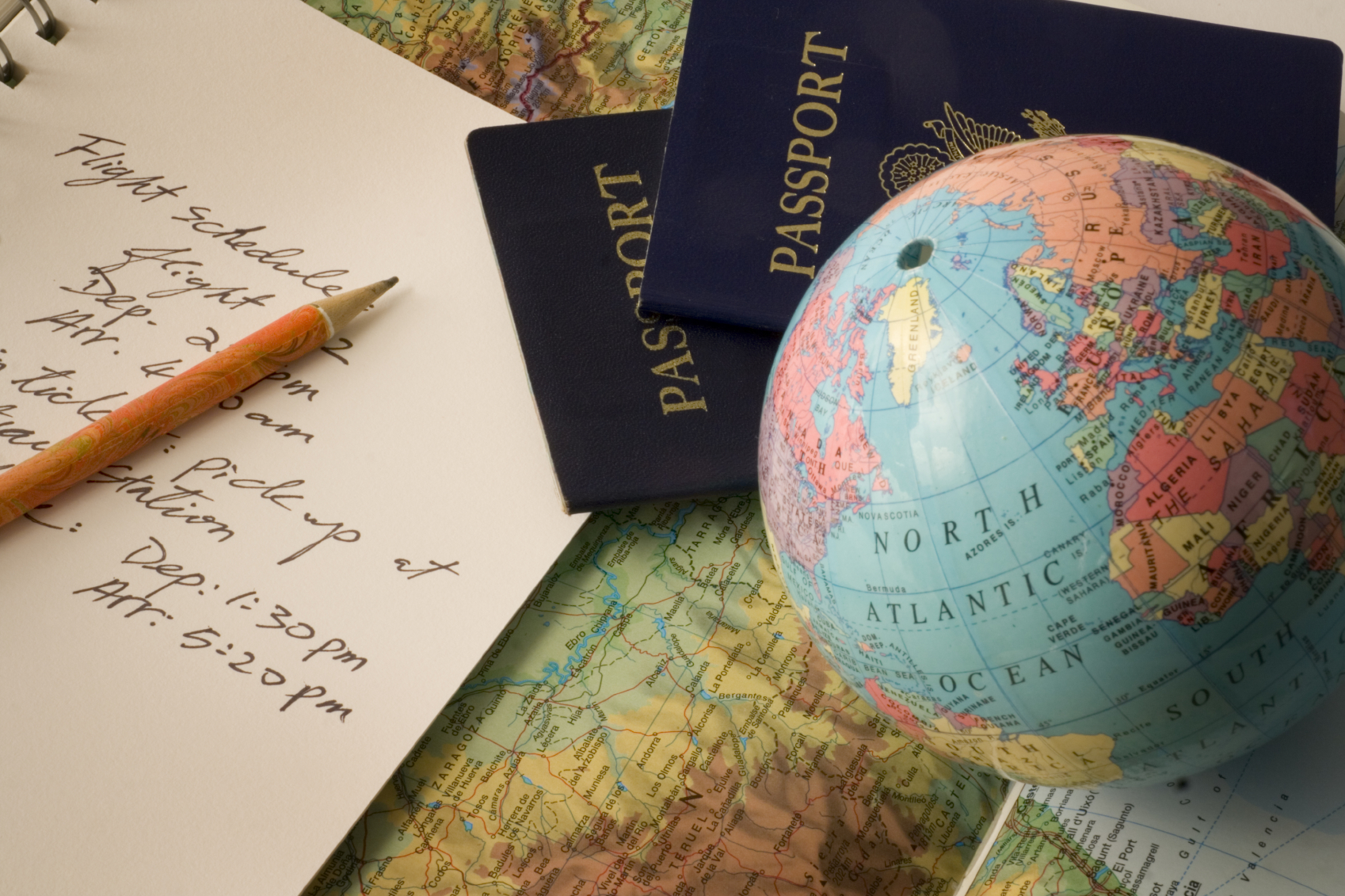


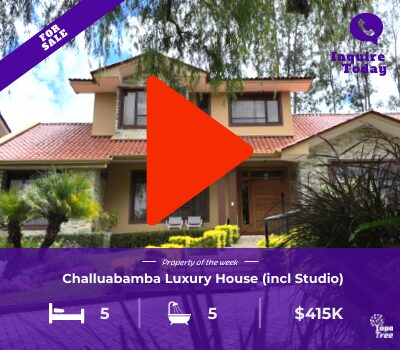
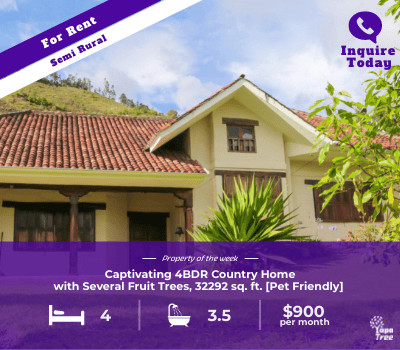

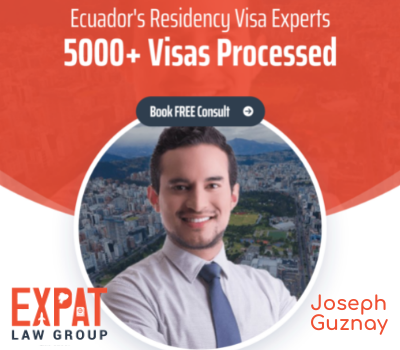


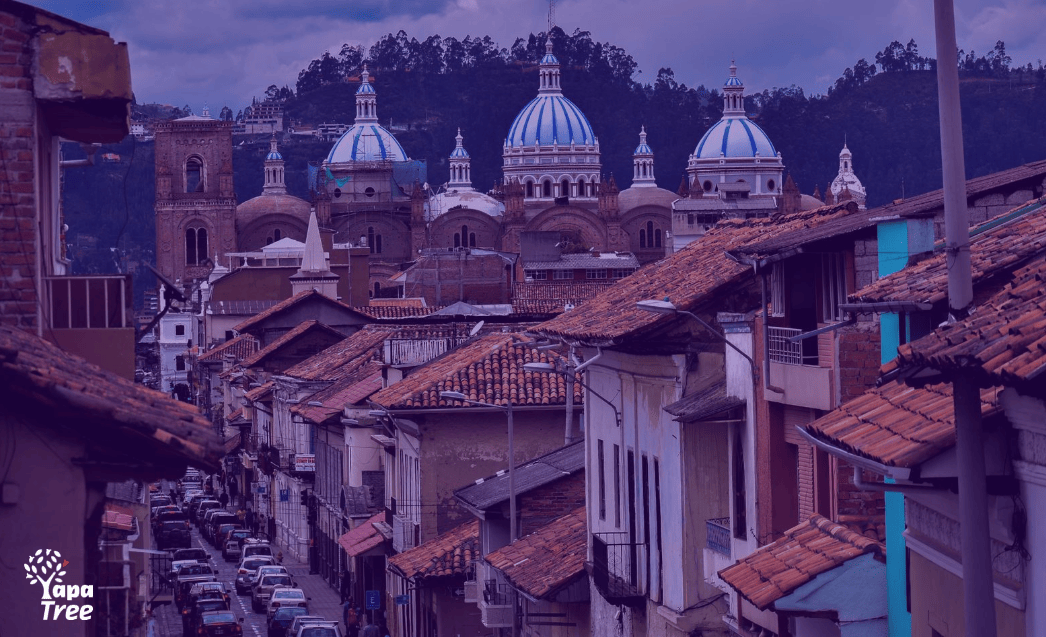
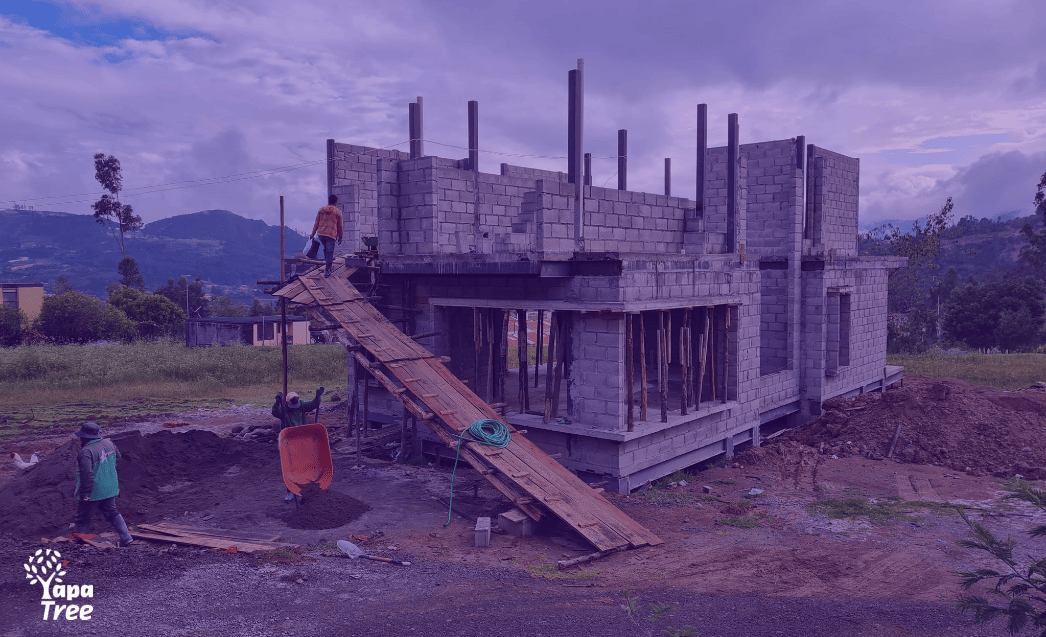
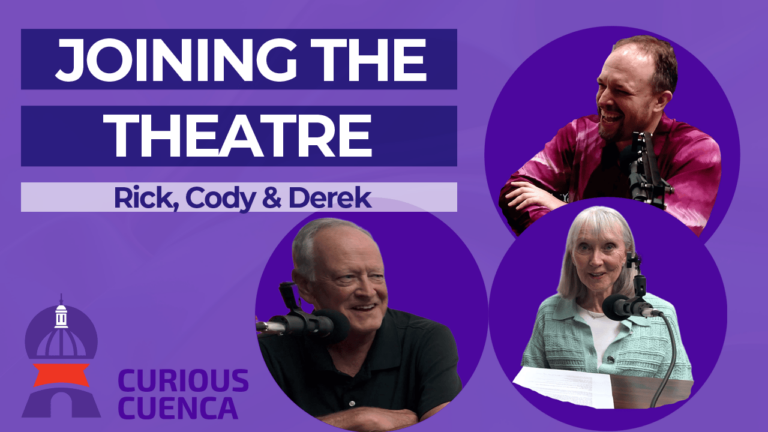
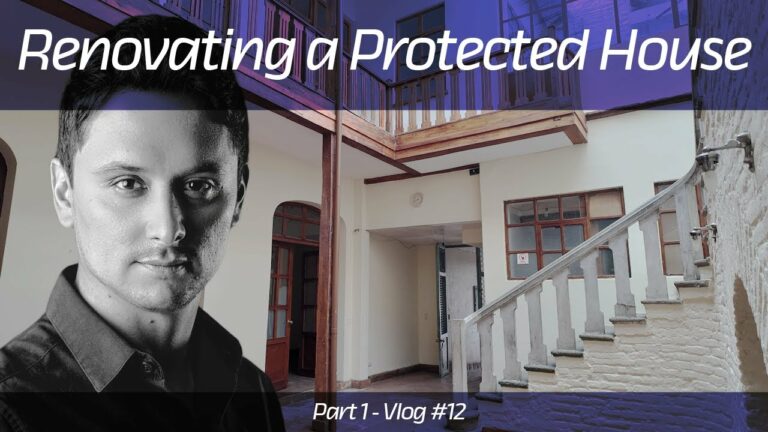
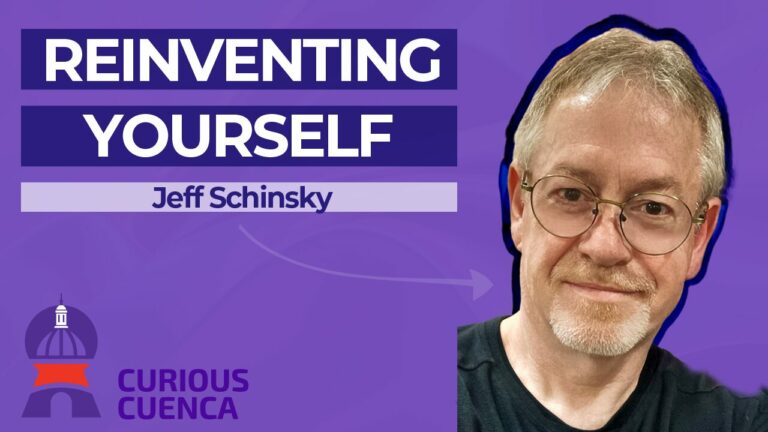
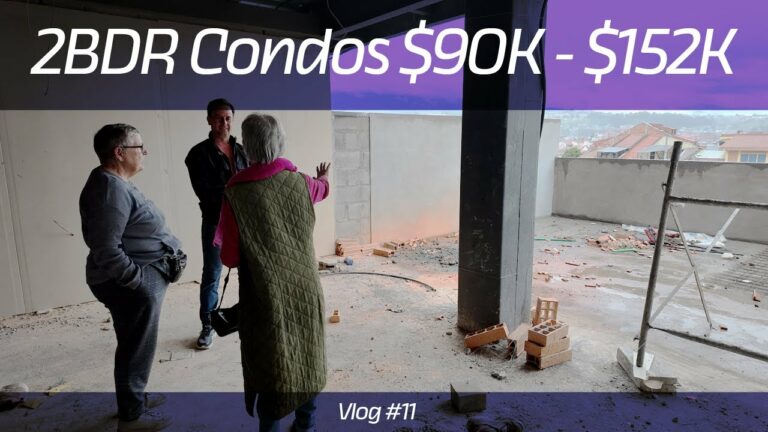
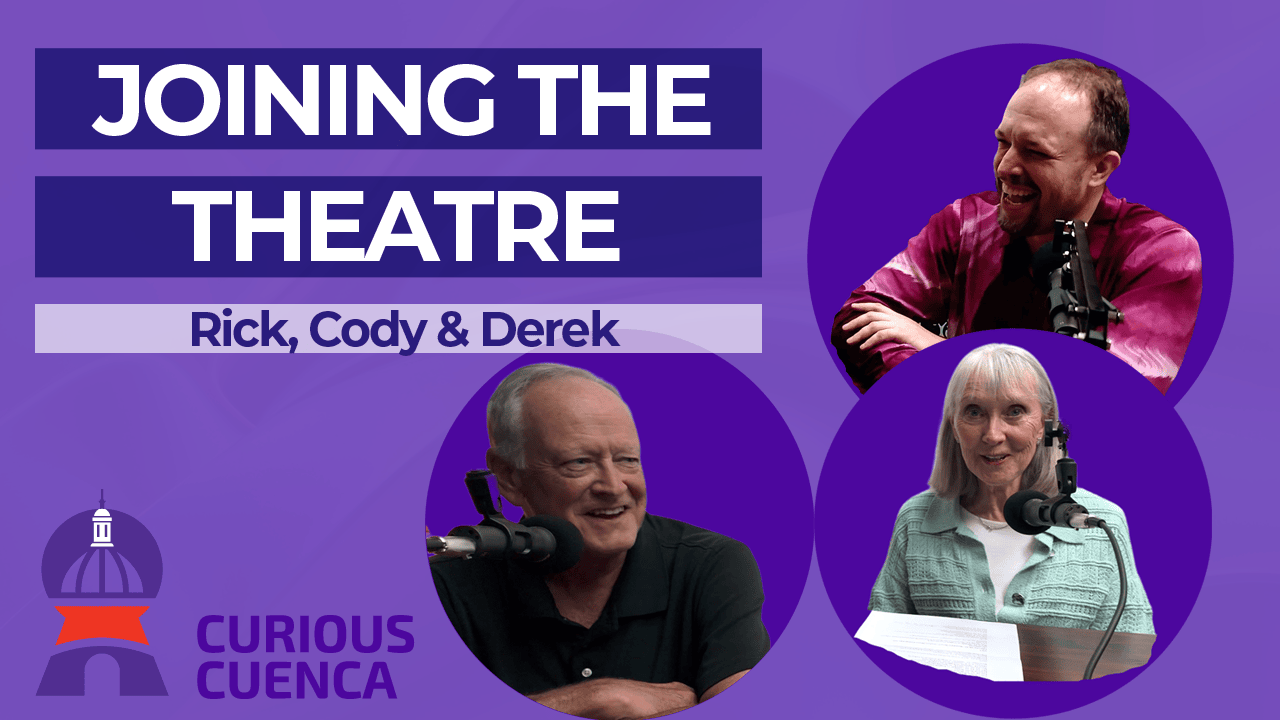
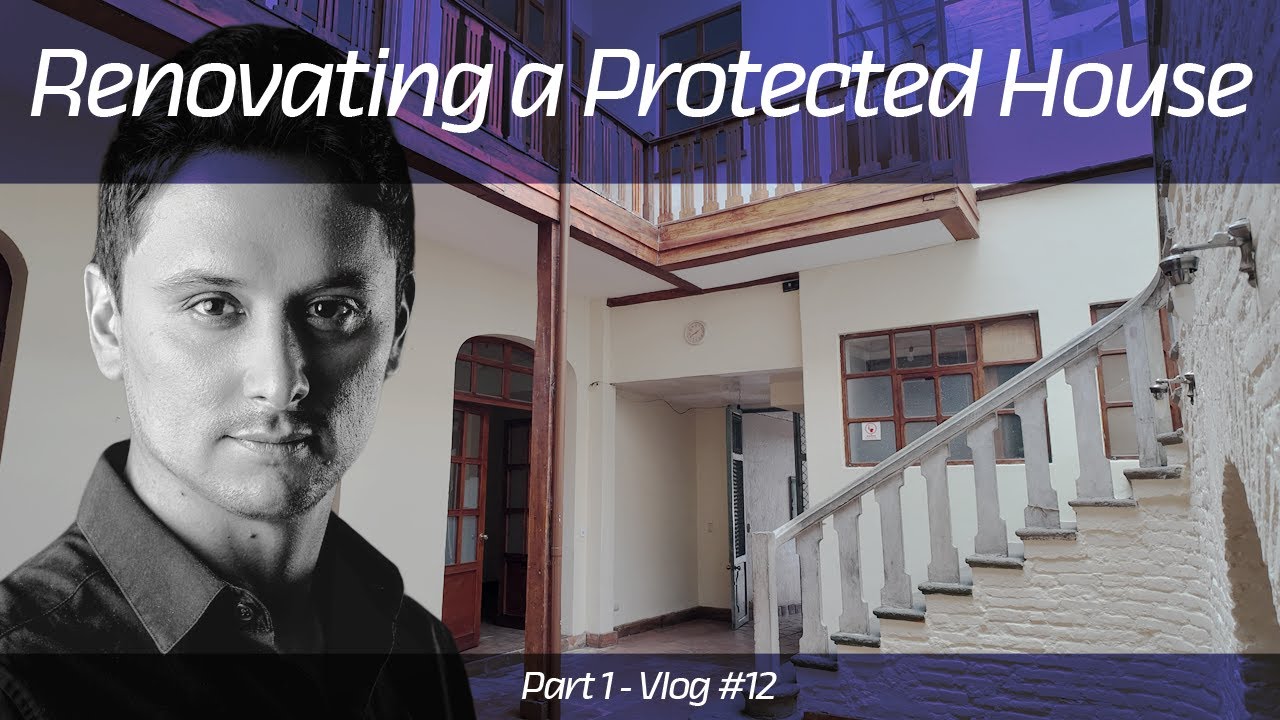
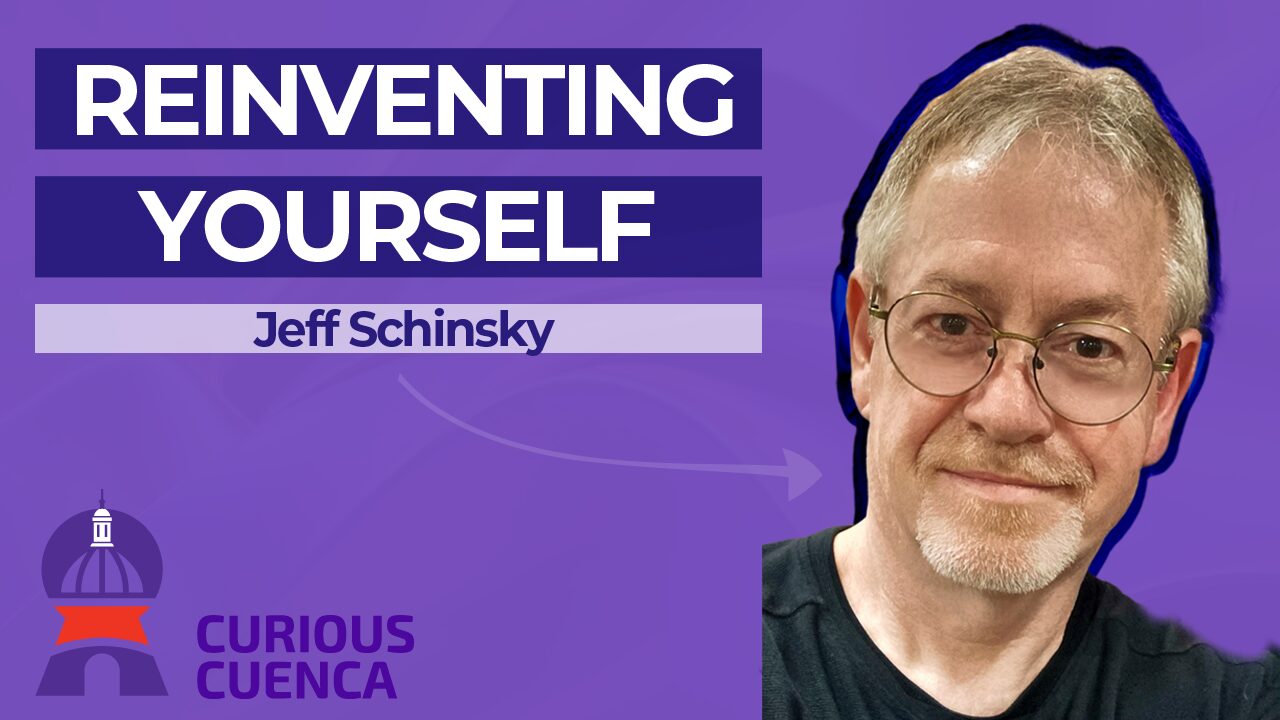
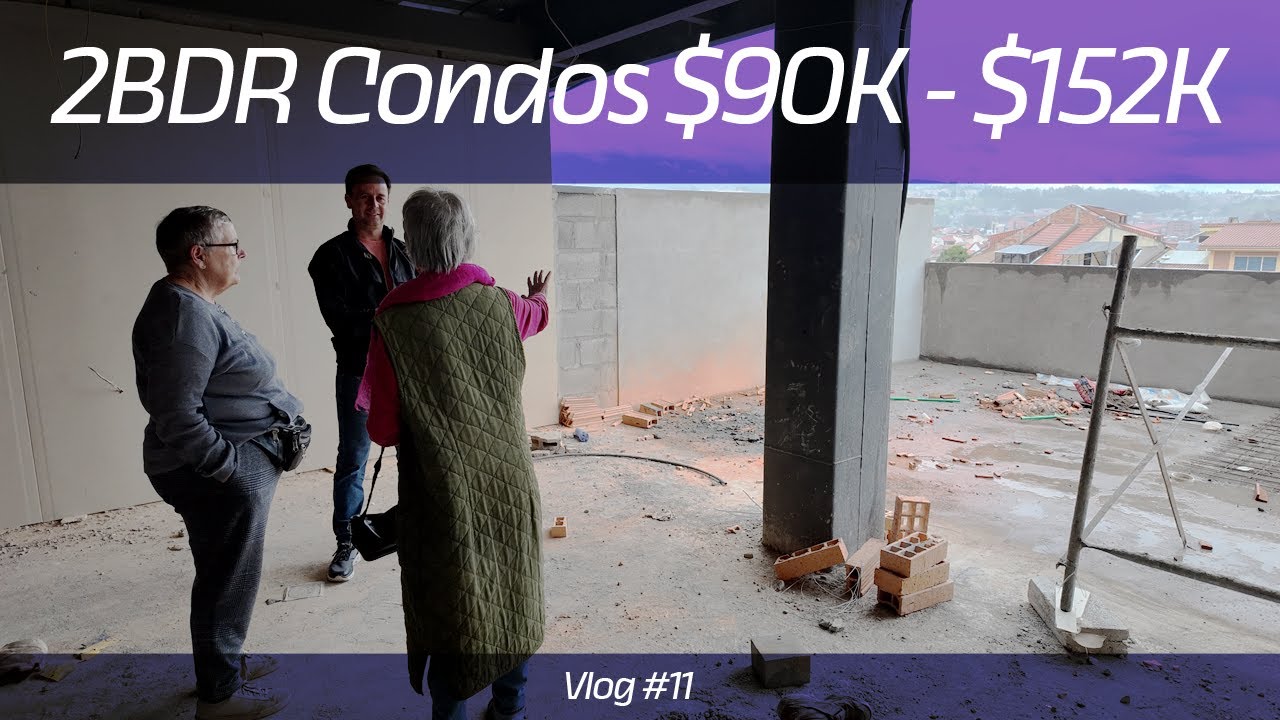
One Response
I have taught in close to 40 countries around the world. Every time I went someplace new I learned more about my own culture. Not because the new culture was better or worse it was just different.